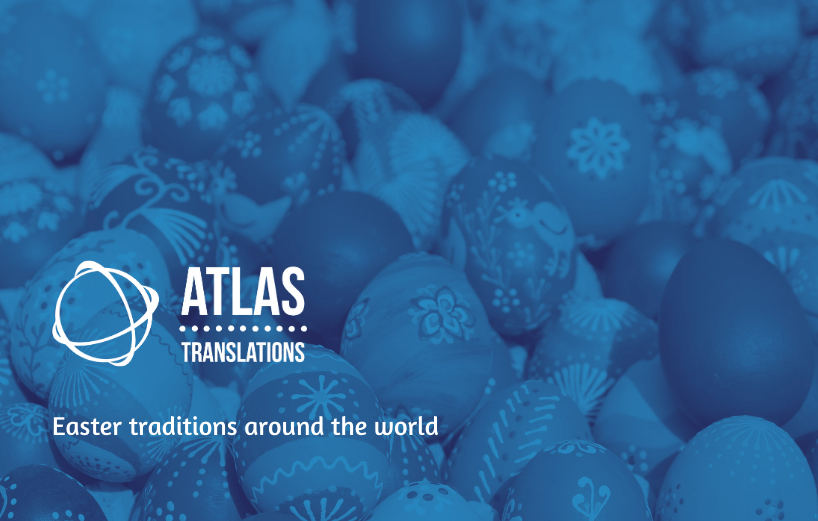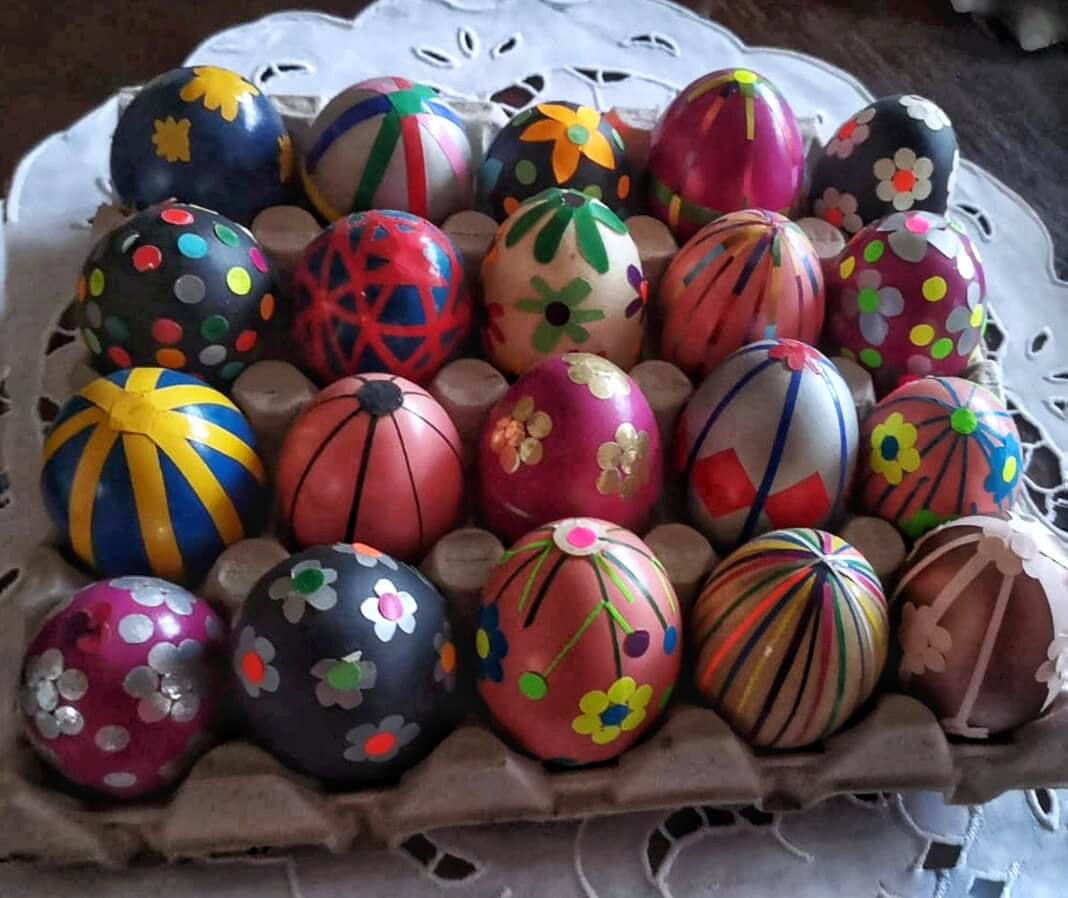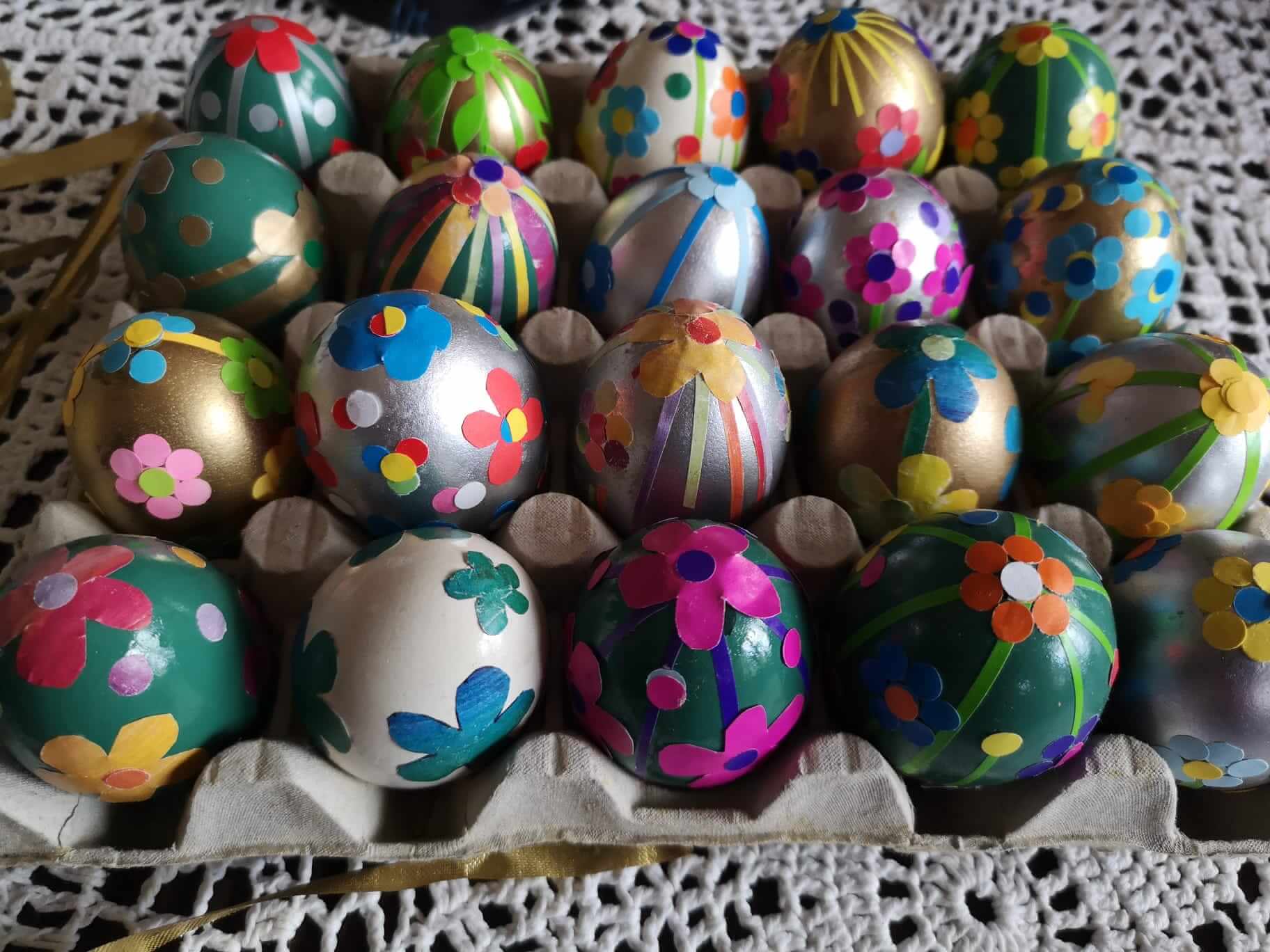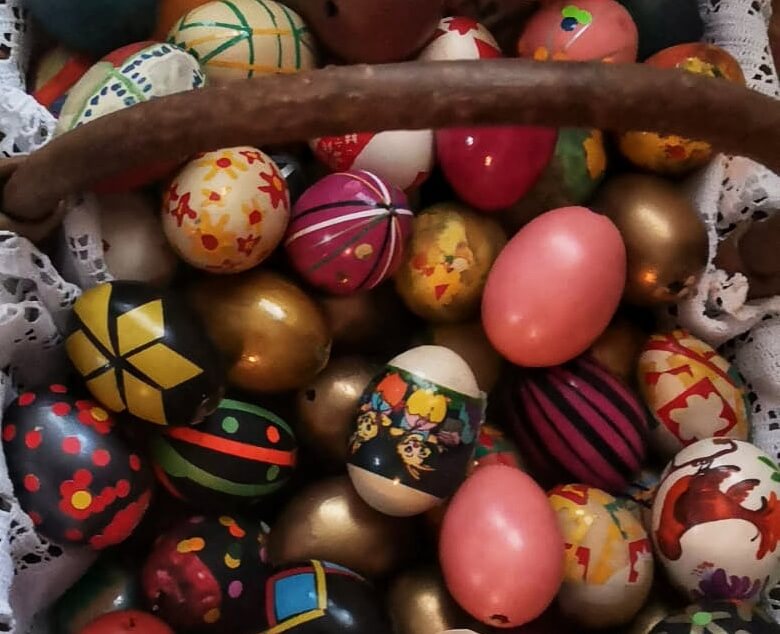Easter traditions around the world

Easter weekend is nearly upon us, so we thought we’d celebrate with a special Easter-themed blog! Christians all over the globe celebrate Easter, one of the holiest festivals in the Christian calendar. There are lots of common Easter traditions which vary according to where you find yourself in the world, so let’s have a look at some interesting ways people celebrate Easter in different countries.
Biggest religious Easter celebrations in Italy
In Italy, the Holy Week (Settimana Santa) begins on Palm Sunday. On that day, the Pope leads a big mass in Saint Peter’s Square. Traditionally, on Good Friday the Pope commemorates the Via Crucis (Way of the Cross), which takes place by the Colosseum in Rome. On Easter Sunday, thousands of visitors congregate in St. Peter’s Square to await the Pope’s blessing from the the balcony of St. Peter’s Basilica, known as “Urbi et Orbi” (“To the City and to the World”).
Egg-cracking and pot-throwing in Greece
In Greece, baking tsoureki, a braided sweet bread, is an important Easter custom. It is also common to dye eggs red. Later, the same eggs are used on Easter Saturday in a cracking game. Each player taps their egg against an opponent’s egg. The person who is left with the last unbroken egg wins. This game of cracking (or tapping) eggs, although with small twists, is cultivated in other countries like Armenia, Bulgaria, Croatia, and Romania.
Another interesting tradition is maintained in Corfu, Greece, where on the morning of Easter Saturday, the traditional “Pot Throwing” takes place. People throw clay pots, jugs, and pans out of their windows, smashing them on the street. The reason for this is not entirely known. Some say that this tradition derives from the Venetians, who would throw away old items to welcome the new year and make space for new things. Other people believe it’s to drive away evil spirits.
Flying kites in Bermuda
Bermudians have a unique Easter tradition that we can’t ignore. Ahead of the Easter weekend, they create colourful kites, which are then sent up into the sky on Good Friday. Flying kites is meant to symbolise Jesus’ ascension to heaven. A popular story says that a Sunday school teacher created a kite with a picture of Jesus and sent it aloft, trying to help his students understand the Ascension. Whether this is true or not, we don’t know, but it’s certainly one of the most colourful Easter traditions out there!
Flying kites for Easter is also very popular in Guyana, only it tends to fall on Easter Sunday or Monday, with many people starting even weeks before the actual Easter weekend.
Decorating Easter eggs and Wet Monday in Poland
Easter in Poland is an important affair. One popular custom, not only in Poland but also other countries in the region, is decorating Easter eggs. In Poland, they are commonly referred to as pisanki, and there are many different methods! You can dye and paint them, decorate them with stickers, scratch out designs, or glue lace and rope around them. Here are some photos of decorated Easter eggs from Joanna’s family home:
On Easter Saturday, people fill baskets with small portions of traditional Easter foods which will be eaten on Sunday morning, such as boiled eggs, sausages, lamb, and small “babka” cake. Then, they take these baskets to the church to be blessed by a priest.
A fun (for some) Easter tradition in Poland happens on Easter Monday, also known as Wet Monday or Śmigus-Dyngus. On that day, people pour water over each other. It’s a long pagan tradition, which in the past involved the boys drenching the girls, but these days everyone joins in on the fun with cups, bottles or squirting guns. If you happen to be in Poland on Easter Monday and don’t fancy getting soaked, you may want to stay indoors!
On the other hand, if taking part in such water fights sounds like something for you, similar “Wet Mondays” can also be experienced in Czech Republic, Hungary, Slovakia, and Thailand.
Burning Judas and making street carpets in Brazil
On Easter Saturday, Brazilians burn Judas – straw dolls specifically prepared for the occasion. The dolls are meant to represent Judas, the apostle who betrayed Jesus Christ. It is also very common for people to decorate streets for the Sunday procession with coloured sawdust and flowers, creating beautiful mosaic carpets.
Such stunning Easter street carpets are also popular in some other countries, for example Belize, Guatemala, El Salvador, and Nicaragua.
Witches and bonfires in Finland
In some places, on the other hand, Easter traditions bear a closer resemblance to Halloween than Easter. In Finland, children dress up as witches and knock on people’s doors. They bring decorated willow twigs and offer to bless people’s homes to ward off evil spirits and wish a healthy year in exchange for treats. Easter Sunday comes with a special meal, most often a roast lamb. In some western parts of the country, people burn bonfires on the evening of Easter Sunday to drive away witches.
Sending secret letters in Denmark
Denmark is not short of Easter traditions either. An interesting one is creating and sending gækkebreve. You have to fold a piece of paper a few times and cut shapes into it. After opening, you’ll see intricate designs. Your next task is to write a short poem inside, but you cannot sign it – only leave a dot for each letter of your name. The receiver of this letter has to guess the author. If their guess is correct, you (the sender) have to give them a chocolate egg. On the other hand, if they fail, they owe you a chocolate egg instead. We can imagine that some members of our team would take this task very seriously!
Chocolate Easter eggs and hot cross buns in the UK
Finally, although Easter in the UK is not as big as in some other countries, it has its own traditions. Giving and receiving chocolate Easter eggs is by far the biggest custom, especially among families with kids.
Easter bonnet competitions throughout primary schools are another popular tradition. Children make fabulous hats and the best one wins the competition!
On Good Friday, many families in Britain will enjoy a hot cross bun – filled with raisins and lathered with butter – along with their tea. The cross on the bun is meant to symbolise the belief that Jesus died on the cross.

Happy Easter!
We hope you enjoyed finding out how Easter is celebrated in different parts of the world. The Atlas team wishes you and your family happy and relaxing Easter holidays!
Our office will be closed on Good Friday (April 7) and Easter Monday (April 10). We will be back and ready to tackle new translation projects from Tuesday!

















